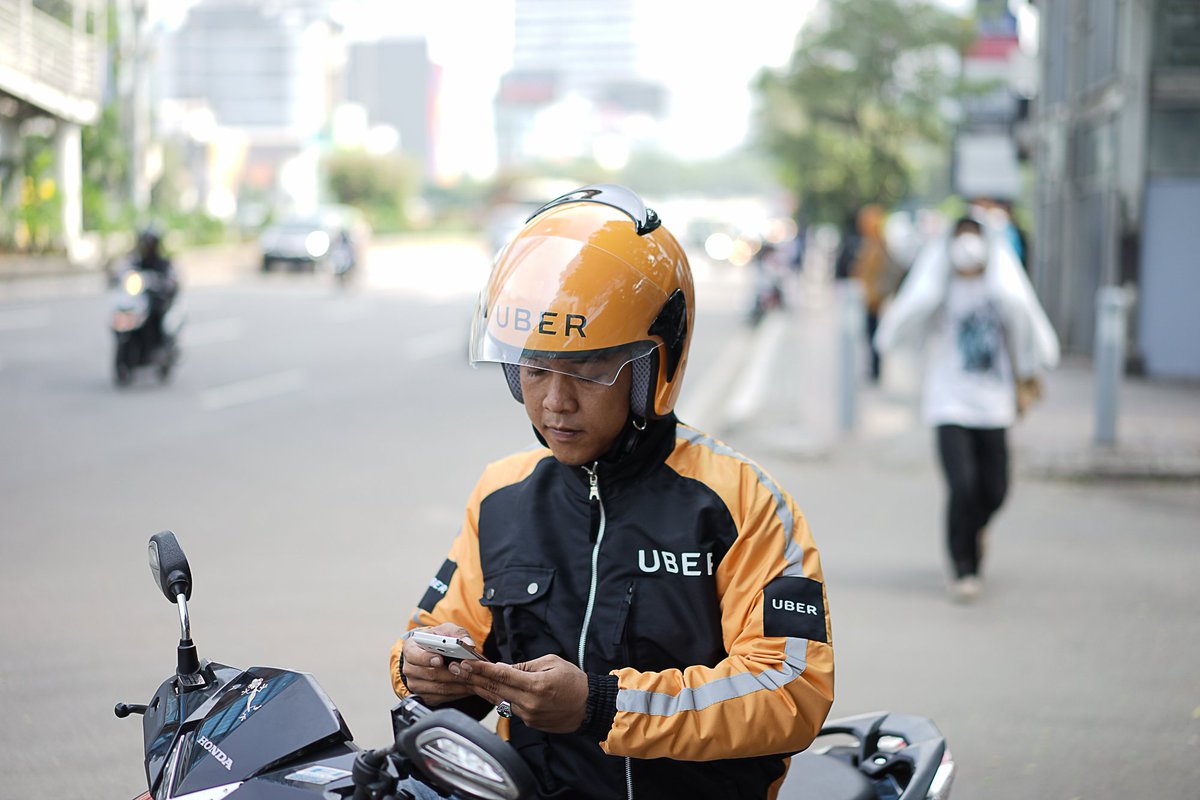Uber Technologies Inc. recently sold its Southeast Asian business to bigger regional rival Grab. Reuters reports that Uber will take a 27.5% stake in Singapore-based Grab and Uber CEO Dara Khosrowshahi will join Grab’s board. Many billed the retreat as the mark of success of the Southeast Asian startup ecosystem.
Navigating Local Roads and Red Tapes
Spanning 10 countries, from wealthy, ultra-organised Singapore to places like Indonesia and the Philippines that are home to traffic-choked cities, coming up with a ride-hailing service for the whole of Southeast Asia is never going to be easy.
But Grab's Malaysian chief executive, Anthony Tan, combined his local knowledge with sharp business sense from his time at Harvard Business School to come up with a service well adapted to the region and quickly raced past Uber.

Economic Times reported, as early as 2015, Grab added motorbike taxis to their ride-hailing app in Indonesia, where many commuters get around on two wheels due to heavy traffic, helping them to rival local titan Go-Jek, which had pioneered the service.
Grab also figured out early on that you have to take cash payments because of the lack of access to banks or credit cards in many of their markets.
Uber followed suit eventually, adding motorbike taxis and taking cash payments to their service in the Indonesian capital a year later, by which time the market was saturated.
In late 2015, Grab entered into a partnership with other ride-hailing apps - China's Didi Kuaidi, India's Ola and U.S.-based Lyft - with a view to covering a broader market but with a local's expertise that Uber could struggle to match.

"There is a clear advantage of being local," said Tan to CNBC.
Tan said each of the four have experience dealing with the regulatory regimes in their home markets, so should in theory navigate red tape with greater ease than their largest rival as it expands in the same markets.
Grab has a record of working closely with governments; Tan said the company had permits to operate legally in most Southeast Asian nations.
The Rise of Southeast Asia's Startup
Grab moved into fintech most recently by introducing micro-loans and insurance options for Grab drivers and businesses that use its GrabPay services. According to Forbes, this move attracted more funding.
Grab and Go-Jek have both attracted billion-plus financing rounds, including $2.5 billion last year from investors including Chinese ride-hailing firm Didi Chuxing and Japan's SoftBank.

Meanwhile companies like Traveloka have been able to understand local customers and their travel needs. Expedia recognized it was more complex than changing the language on its site and adding an .ID domain.
Some of the bigger e-commerce success stories include Lazada and Tokopedia, who are backed by Chinese e-commerce giant Alibaba,
Last year saw record venture investment in the region. Forbes predicted that scale of venture capital will double in the next two to three years, as Southeast Asia cements its position as a dynamic and rewarding technology investment hub.


















